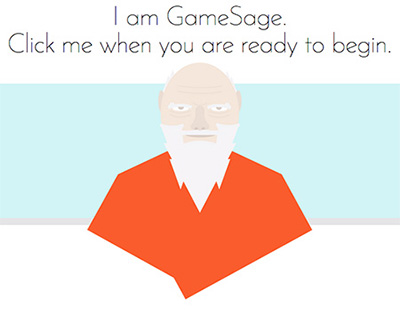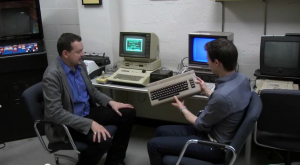Seeking Program Director for Professional Games MS

Interested in working on innovative games, with passionate people, in an academic position in Silicon Valley?
We’re seeking a leader for the UC Santa Cruz professional MS in Games and Playable Media. The MS is offered through our Silicon Valley campus, now expanding into a new building (with about 5000 sq ft dedicated to the program) and in active planning to shift to a two year program.
The position will include working both with our current game faculty and with new personnel hired specifically for the program. The degree is focused on expanding the possibilities for games — and on helping students build the skills and connections they need for what they want to do next.




